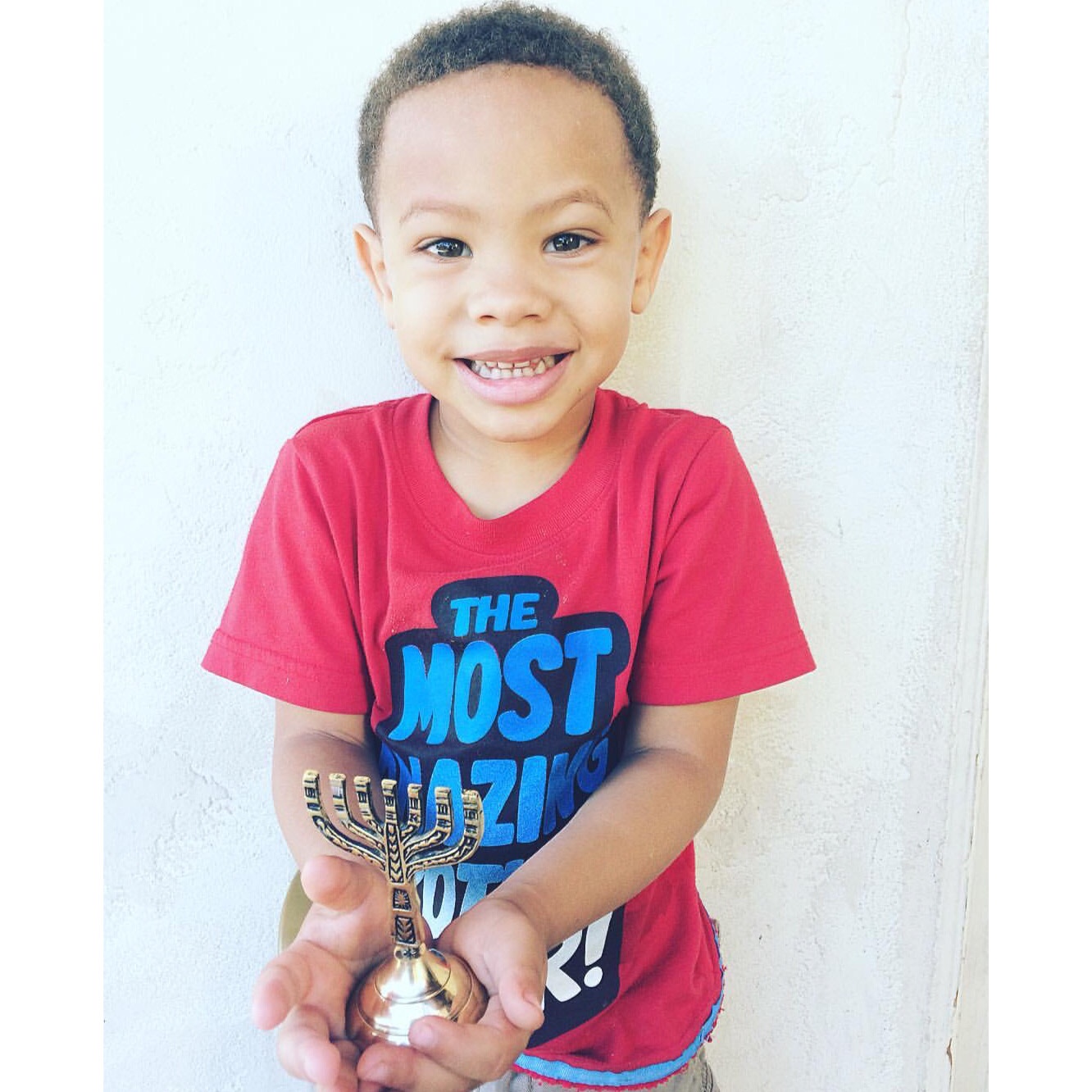As a child, it didn’t take long for me to realize that Santa wasn’t real. I grew up in South Central Los Angeles, many folks don’t have chimneys so where would Santa come from? He couldn’t come through the front door, or through the windows, we had bars on those. Their very purpose was to keep intruders out. We didn’t have a lot of money growing up. Every year, our tree was given to us through a tree drive from USC. We would line up early in the morning the day before Christmas to get the best free tree we could get. All of the toys under the tree were unwrapped toys given to us from our church. We knew there was no such thing as Santa.
The Santa Clause
When my husband and I became parents, we struggled with the idea of Santa Clause. We didn’t want to lie to our children about someone who didn’t exist coming and bringing them gifts. So we didn’t. When my son started kindergarten, we enrolled him in a parochial school. They were very clear: They would not lie to our kids about Santa. It was a relief. Some of our family members however, didn’t share that same relief.
What Would Jesus Do
Here’s the thing. Years ago there was this WWJD (what would Jesus do) movement where everyone walked around and wondered what Jesus would do in any given situation. Christmas was being sold as the celebration of the birth of Christ. It sounded good, but when I actually read through the Bible, the annual celebration of Christ’s birthday was never mentioned. In the same vein, one would have to figure that if Christ’s birthday was so important to him, and it was so important that we celebrate it, why isn’t it mentioned? Similarly, after further review, it seems to be common knowledge that Christ wasn’t even born in the winter time, but actually the spring. In keeping with the WWJD ideology, I decided to really search and see WHAT Jesus would do.
A little history
Jesus was a Jew in the Bible, a descendant from the tribe of Judah. God deemed a group of people to be his chosen people, born from Jacob whose name was changed to Israel. His descendants were known as the 12 Tribes of Israel. Each tribe named after one of Israel’s sons. These descendants were given commandments, laws, and statutes to keep. These statutes included high holy days all laid out in Leviticus 23. These high holy days were celebratory days that God’s chosen people would celebrate each year given to them from God himself. Any celebrations outside of these high holy days would be considered Paganism.
In other words, since Jesus was born a descendant of one of the 12 tribes, naturally he would keep the laws, statutes, and commandments, passed down to him from his forefathers. He would have kept all six high holy days including Sabbaths outlined in Leviticus 23, as well as festival days. If you read through some of the New Testament, you’ll find scriptures of Christ celebrating the high holy days given to his forefathers, Feast of Dedication (later known as Hanukkah) being one of them.
Feast of Dedication
Feast of Dedication was a celebration that Jesus and his fellow tribesmen celebrated in the winter months according to the Bible. While the Jews had their celebrations, the other nations naturally had their own. Seeing that keeping celebrations from other nations would have been considered paganism, and Christ was perfect and never sinned, it’s highly unlikely that he would have kept any celebration other than the Feast of Dedication.
As a family we have chosen our WWJD moment and decided to keep the high holy days and festival days that Christ kept. We consider ourselves followers of Christ and for that reason, we believe following Christ means holding dear the things that he held dear to the best of our abilities. Of course this sets us apart as a family, just as it set Christ apart in his time. Each year we keep the Feast of Dedication for 8 days. Our celebrations are held in December, sometimes it’ll come in late November according to the lunar calendar. We decorate our home, light our menorahs, and tell our children the story of the Maccabbean revolt. It’s a celebration that we look forward to each year.
Are our kids missing out?
My husband and I chose not to keep the Christmas tradition with our children that was passed down to us. I’ve been asked if our children feel like they’re missing out on something by not celebrating Christmas. My answer is always the same, NO. Our children get week-long high holy days and festival days throughout the year. Gifts are exchanged, and large meals are held. Our yearly celebrations include 52 Sabbaths, 16 high holy days, 12 new moons, 10 festival days, and 2 memorial days. I’d say they’re pretty set considering Christmas is only one day.
Choosing our own path
Every family will choose their own paths in what they celebrate, we are happy to have chosen this path for our family. Above all, we are also blessed that our extended families have embraced our need to choose a path that was not traditionally celebrated as we grew up. Our prayer is that these traditions that we are passing down to our kids are ones that they will pass down to their children.
Until next time,
Mommi Bella








Leave a Reply